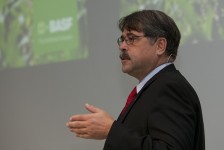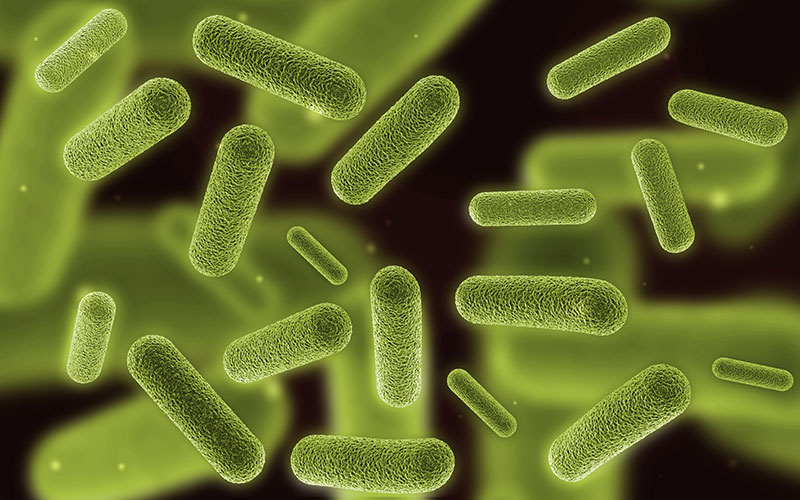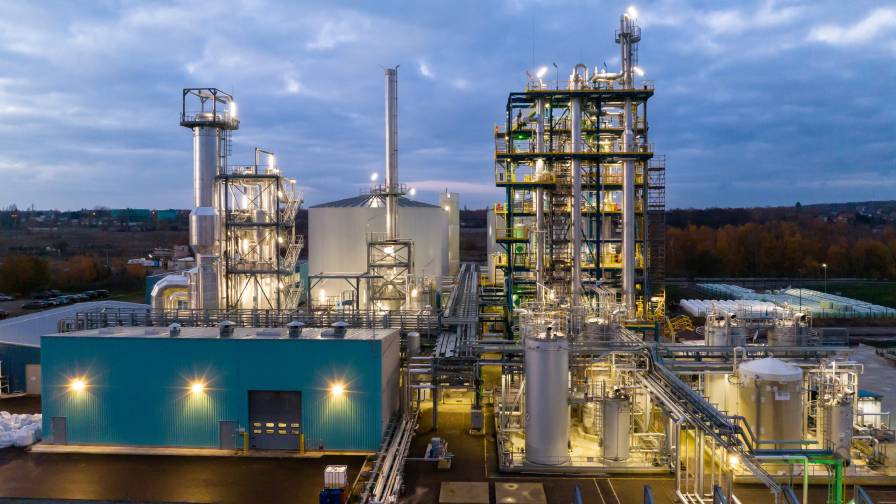BASF Boosts Sales Target on Fungicide, Herbicide Expansion

BASF said its crop protection sales would reach its $8.2 billion target in 2015 instead of 2020, and said it will double its investments in production capacities over the next four years to reach it.
The company, which now expects 2020 crop protection sales of $10.9 billion, said it will spend more than $407.6 million per year through 2017 to expand production, such as fungicides F500 and Xemium in Germany and key herbicides dicamba and Kixor, which are produced in the United States. BASF is also planning to build new and expand existing formulation plants at several sites, focusing on Asia.
“We have made great progress over the past years. We have demonstrated sustainable growth in our sales and earnings and are confident we will continue with this development,” said Markus Heldt, president of BASF’s Crop Protection division. “This success stems from our commitment to providing innovations that address the importance of having sufficient and high quality food for a growing population. We continue to expand our portfolio, for and beyond crop protection products, to deliver integrated technologies that can help growers run their business more efficiently.”
R&D Spending Remains 9%
BASF estimates the total peak sales potential for its crop protection pipeline, encompassing products launched between 2010 and 2020, at $2.3 billion, $679 million more compared with a year ago.
“The pipeline’s value is largely supported by successful product launches in all indications. A significant contribution is expected from Xemium and promising novel herbicides and herbicide tolerant solutions, along with products from the fields in Functional Crop Care,” the company said in a statement. Functional Crop Care is its newly established unit for non-traditional crop protection solutions and includes its acquisition of U.S. seed technology company Becker Underwood.
BASF will continue investing around 9% of the Crop Protection division’s sales into R&D activities, targeted towards developing new active ingredients, formulations and solutions beyond crop protection, it added.
Grower Engagement
BASF said another key driver of BASF’s business will remain its grower engagement initiatives, which focus on three key areas: customized agronomic advice, risk mitigation services and global farming networks. For the European market, for example, it developed a biodiversity farm network, where the company actively cooperates with professional farm managers and independent experts to demonstrate how modern agriculture can go hand-in-hand with measures to support local wildlife and plant species.
“We will continue to expand these initiatives, develop additional ones and also cultivate strategic partnerships with leading companies in agriculture,” said Vincent Gros, senior vice president, BASF Crop Protection Europe, CIS, Central Asia, Africa and Middle East. “By providing growers with solutions tailored to their local needs, we can best support them to increase crop quality and yield, while reducing production risks.”





